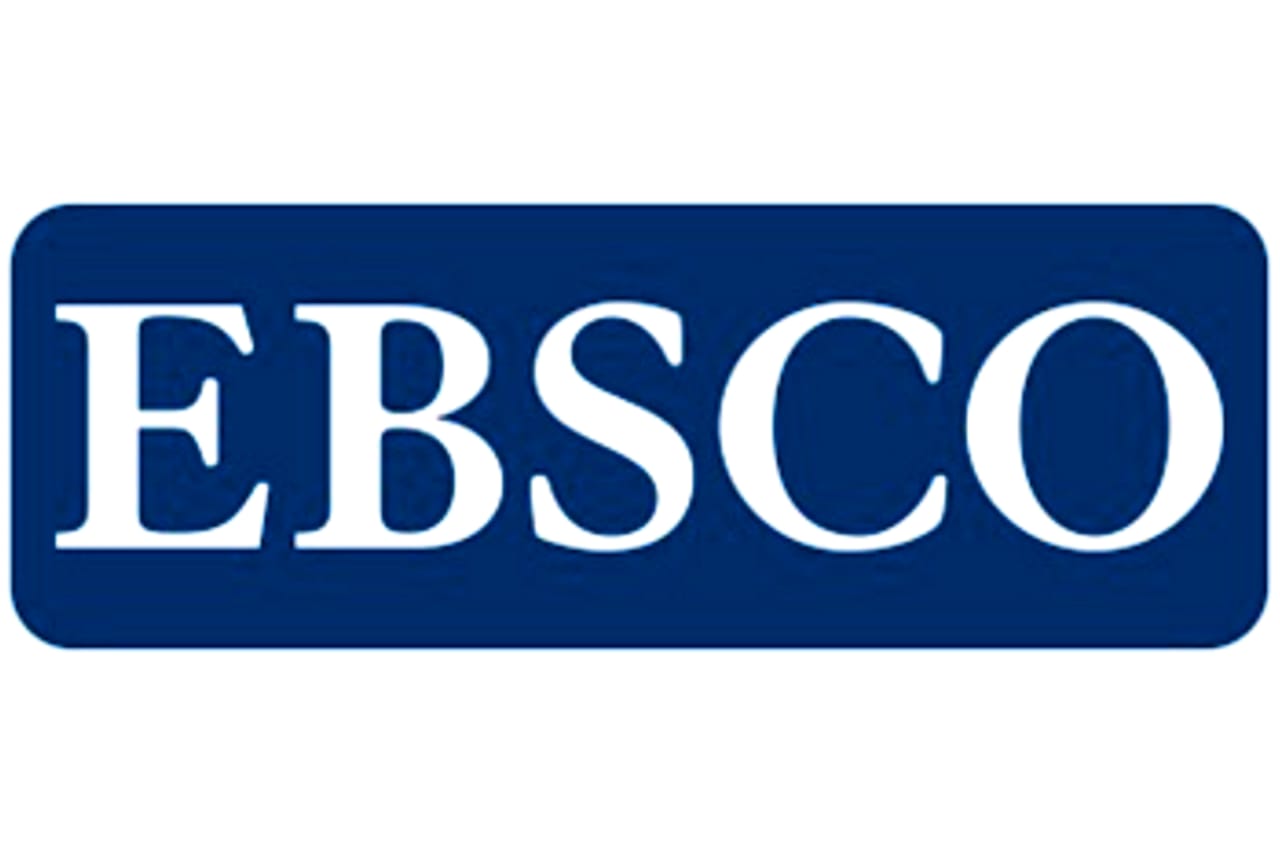ELECTORAL ADMINISTRATION IN NIGERIA: THE CONFLICTS, PROBLEMS, AND PROSPECTS
DOI:
https://doi.org/10.26577/FJSS2024v9i2a4Abstract
This article investigates the electoral administration in Nigeria, focusing on conflicts and problems in the Fourth Republic. Nigeria’s transition to democracy in 1999 involved the crucial role of the Independent National Electoral Commission (INEC). The study aims to highlight that both international and local electoral observers have reported deficiencies in the initial elections conducted by INEC, which have had negative impacts on democracy in Nigeria. Additionally, the article discusses how an incumbent political party may collaborate with INEC to manipulate election results in their favor. Consequently, INEC has faced accusations from opposition parties after announcing electoral outcomes. The article argues that INEC has not maintained political independence in managing elections in Nigeria and suggests that INEC should be more powerful than the incumbent government. The study utilized qualitative and primary documents as its research methods.
Keywords: INEC, election, political party, electoral system, democratization, and conflicts.
Information about authors:
Moshood Saka – PhD, Senior Lecturer in the Department of Political Science and Public Administration, Al-Hikmah University, (Ilorin, Nigeria, e-mail: mf.saka@alhikmah.edu.ng)
Leonard Sesa – PhD, Lecturer in the Department of Political Science and Administrative Studies, University of Botswana, (Gaborone, Botswana, e-mail: leonard77sesa@gmail.com)










